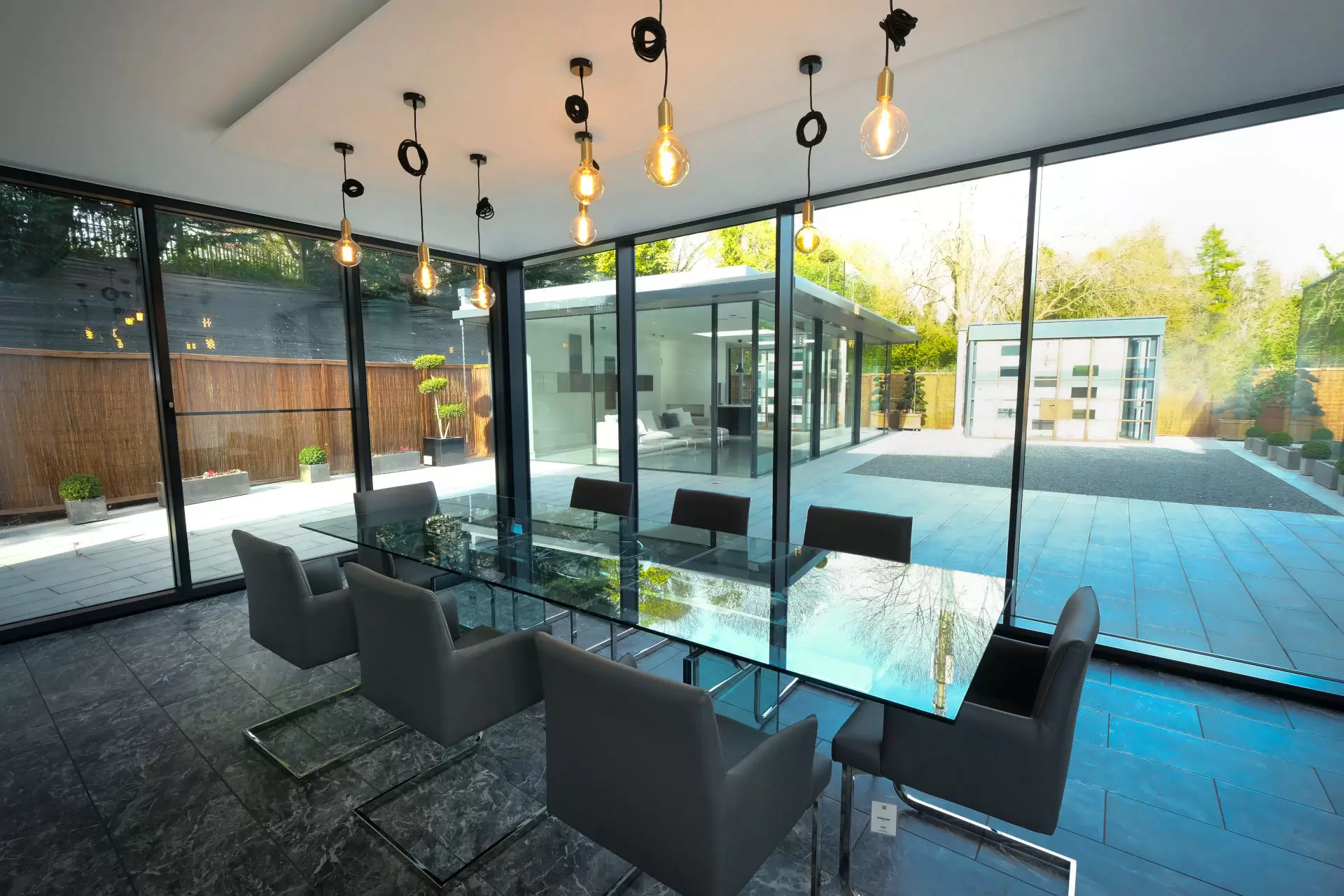The Primary functions of cladding include:
Weather Protection: Cladding acts as a barrier against weather elements such [as rain, wind, sunlight, and temperature fluctuations, helping to prevent damage to the underlying structure.
1. Insulation: Some cladding materials provide thermal insulation, helping to regulate indoor temperatures and improve energy efficiency by reducing heating and cooling costs.
2. Enhanced Appearance: Cladding can significantly alter the appearance of a building, enhancing its aesthetic appeal and giving it a distinct style or architectural character. It allows for creativity in design and can be customized to achieve different looks and textures.
3. Durability and Structural Support: Cladding can improve the durability and structural integrity of a building by protecting it from wear and tear, moisture, corrosion, and environmental factors. In some cases, it may also provide additional support to the underlying structure.
4. Sound proofing: Certain cladding materials have sound proofing properties, helping to reduce sound transmission between indoor and outdoor spaces or different areas within a building.
Overall, cladding plays a crucial role in both the functionality aesthetics of buildings, offering versatile solution for architects, builders, and property owners to achieve their desired design goals while ensuring the long-term performance and protection of structures.


